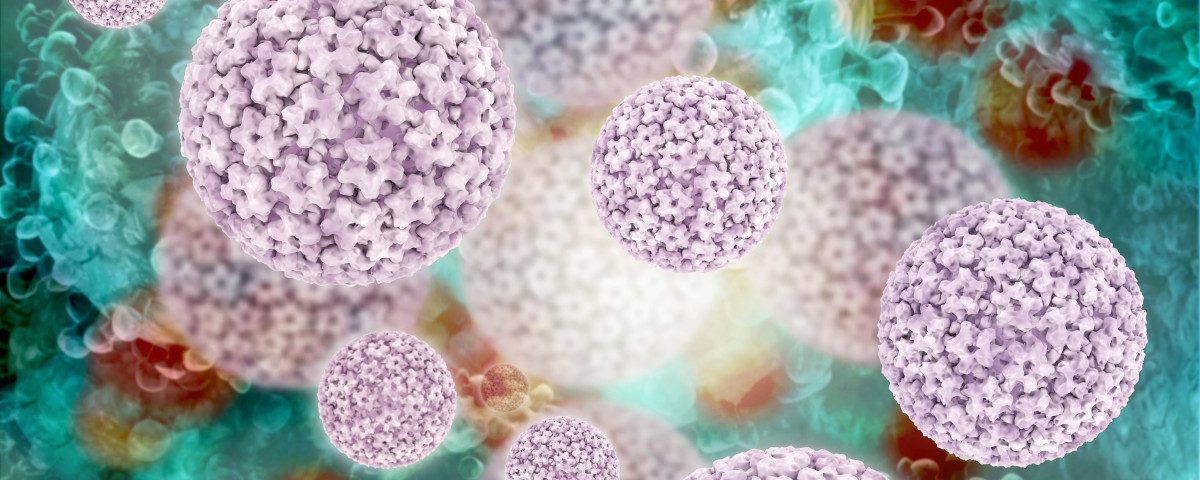The cancer medication nivolumab (marketed as Opdivo) can successfully treat patients with secondary hemophagocytic lymphohistiocytosis (HLH) triggered by Epstein-Barr virus (EBV) infection, a study shows.
In the study, six of seven patients responded to the medication and five experienced complete remission.
The results were reported in the study, “Nivolumab treatment of relapsed/refractory Epstein-Barr virus–associated hemophagocytic lymphohistiocytosis in adults” in the journal Blood.
EBV-associated HLH (EBV-HLH) is a life-threatening inflammatory syndrome for which no standard treatment exists. The condition is one of the most common subtypes of secondary HLH, and usually is associated with a poor prognosis and treatment outcomes.
Without hematopoietic stem cell transplant — transplant of stem cells that give rise to blood cells — the condition can be fatal. This procedure, however, is limited by the availability of compatible donors and carries its own risk of immunologic toxicity.
“Thus, better curative therapeutic strategies are on demand for [relapsed/refractory] EBV-HLH,” the team wrote.
Specific immune cells, known as CD8 T-cells, have higher levels of a protein called PD-1 (programmed death protein-1) following infection with EBV or other viruses. PD-1 inhibitors, such as nivolumab, have been approved as treatments for multiple cancers and also have been shown to be effective against chronic viral infections in animal models. These inhibitors “also achieve high response rates in EBV1 gastric cancer,” the researchers wrote.
Researchers from West China Hospital suggested that a possible explanation could be that PD-1 blockade reverses EBV/cancer-related immunosuppression, “thereby restoring the immunity required to restrain cancer cells and also to clear EBV infection.”
Based on this possibility, the team reviewed records of EBV-HLH patients who had been treated with nivolumab on a compassionate-use basis.
Seven patients — four male and three female patients, with a median age of 25 years — presented signs of aggressive HLH, including persistent high fever, life-threatening cytopenia (low blood cell counts), and high levels of serum ferritin, a marker for various inflammatory conditions.
None of the seven patients had HLH-related genetic mutations, meaning that their condition had no genetic cause (as in primary HLH) and were instead the result of EBV infection.
All seven patients received 100 to 200 mg of nivolumab intravenously (directly into the vein), and all tolerated the treatment.
Six patients responded to the treatment and one had no response, showing a persistent fever and high levels of EBV-DNA.
Among those who responded to the treatment, five experienced complete remission and remained in clinical remission for more than 40 weeks (median follow-up of 16 months). One patient responded only transiently to the treatment.
Among nivolumab-responders, cytopenia resolved at around six weeks after beginning nivolumab infusions. The levels of HLH diagnostic markers, such as ferritin and sCD25, all decreased.
Importantly, EBV was eradicated in four patients who achieved clinical remission.
Records indicated no significant adverse effects (side effects) from the treatment. Some patients experienced slightly higher fevers and worsening cytopenia at the start of treatment, all of which soon resolved.
A genetic analysis of the patients’ cells revealed high levels of markers for immune cell activity, which was expected. However, several genes involved in the activation of immune T-cells were expressed at relatively low levels, suggesting a defective immune activation program and possibly explaining the patient’s inability to clear the virus.
The team believes that “nivolumab treatment expanded a subpopulation of cytotoxic T cells” and “restored the defective cytotoxicity of CD8 T cells,” which ultimately resulted in EBV clearance.
“Our data suggest that nivolumab, as a monotherapy, provides a potential cure for [relapsed/refractory] EBV-HLH, most likely by restoring a defective anti-EBV response,” the team concluded.
Researchers noted that more studies are needed “to investigate whether PD-1 inhibitors could be effective for adult-onset FHL [the familial, or genetic, version of HLH] and other [secondary] HLH.”

